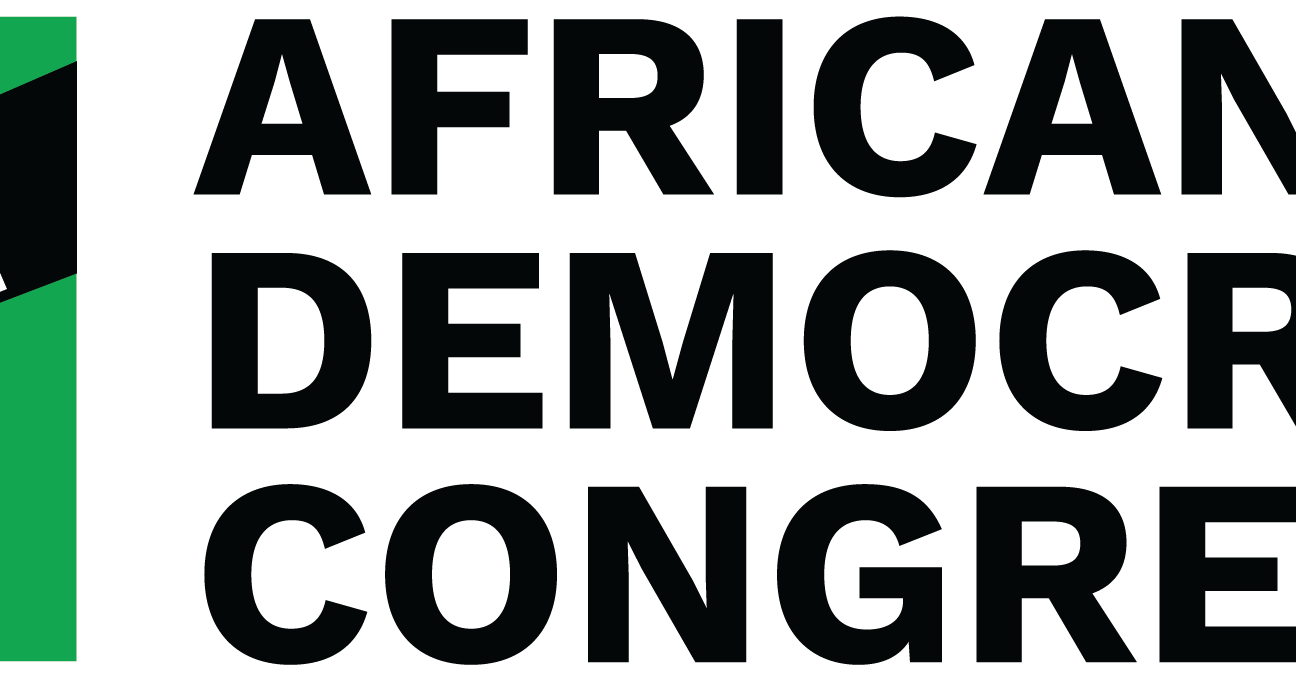Abuja, July 1, 2025
In a significant political realignment ahead of the 2027 general elections, a coalition of leading opposition figures has officially adopted the African Democratic Congress (ADC) as the platform to challenge the administration of President Bola Ahmed Tinubu.
The coalition, which includes key political heavyweights such as former Vice President Atiku Abubakar, ex-Labour Party presidential candidate Peter Obi, and former Kaduna State Governor Nasir El-Rufai, reached the consensus to abandon earlier plans to float a new party under the All Democratic Alliance (ADA) and instead rally behind the ADC for its existing national structure and readiness for political integration.
Dr. Lukman Salihu Mohammed, a former National Vice Chairman (North-West) of the ruling All Progressives Congress (APC), has been appointed to lead the coalition’s secretariat, signifying the formal takeoff of its operational framework. Sources within the bloc indicated that extensive consultations led to the adoption of the ADC as the most viable vehicle to mount a credible opposition in 2027.
The ADC leadership, under its National Chairman Ralph Nwosu, is reported to have already initiated internal restructuring and constitutional amendments to accommodate the incoming alliance and its stakeholders. Party insiders noted that the ADC’s National Executive Committee will meet in the coming weeks to ratify the coalition’s decision and formally integrate its new entrants.
Despite broad acceptance, the decision has triggered mild internal dissent, particularly among ADC loyalists concerned about disruptions to the party’s leadership balance. Meanwhile, a breakaway northern faction led by Dr. Umar Ardo and his League of Northern Democrats continues to advocate for the creation of an entirely new party under the ADA label.
However, senior coalition figures have dismissed fears of fragmentation, insisting that the focus remains on building a unified and formidable front to dislodge the APC. They argue that the ADC offers an already functional structure with grassroots presence, national spread, and electoral credibility—critical factors as the political calendar builds momentum toward 2027.
The development marks one of the most coordinated opposition efforts since Nigeria’s return to democracy in 1999 and could significantly reshape the political landscape if the coalition sustains unity and mass appeal in the months ahead.
As the ruling party watches closely, political analysts say the success of the new opposition front may hinge on its ability to overcome internal divisions, articulate a clear alternative agenda, and mobilize nationwide support in a highly competitive electoral terrain.
